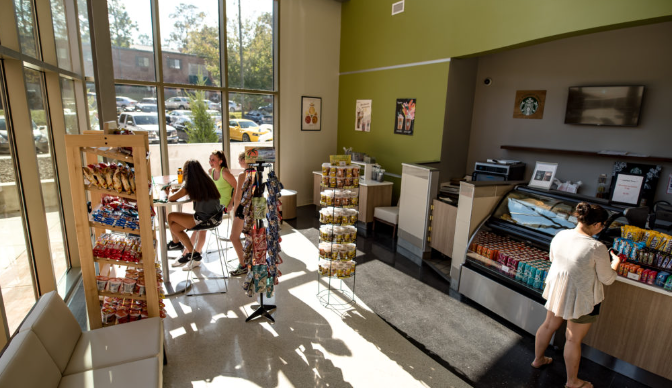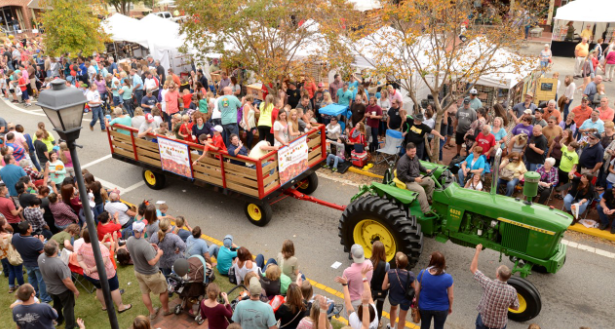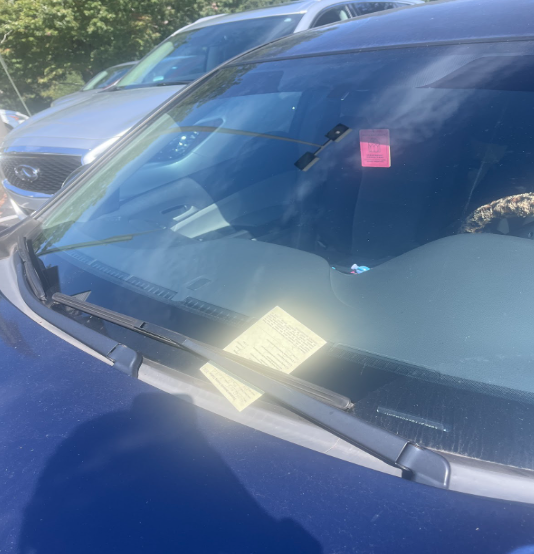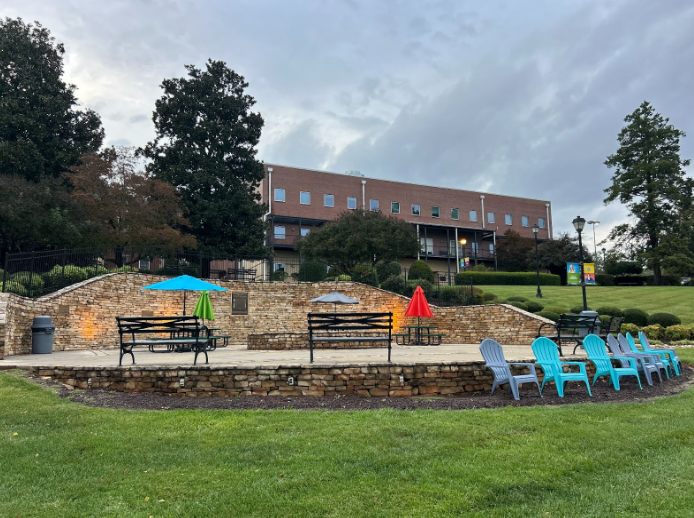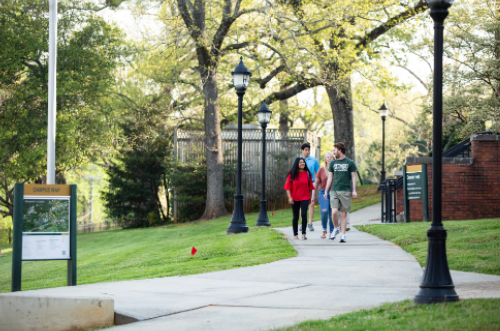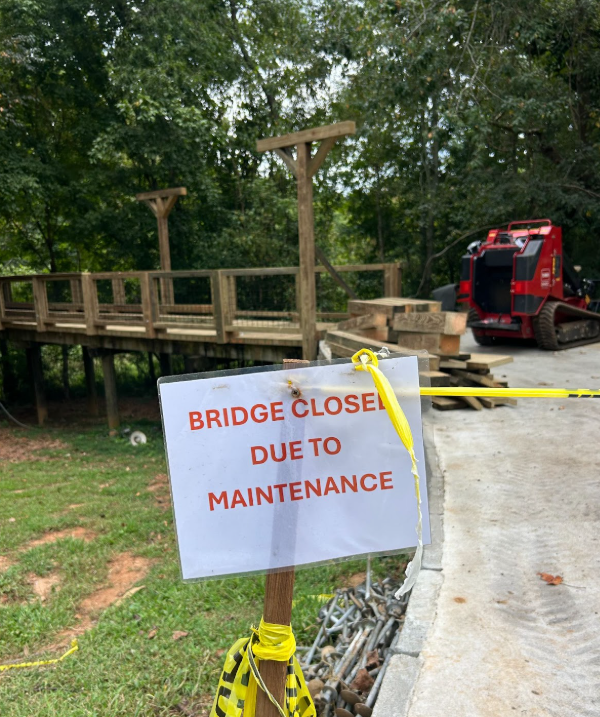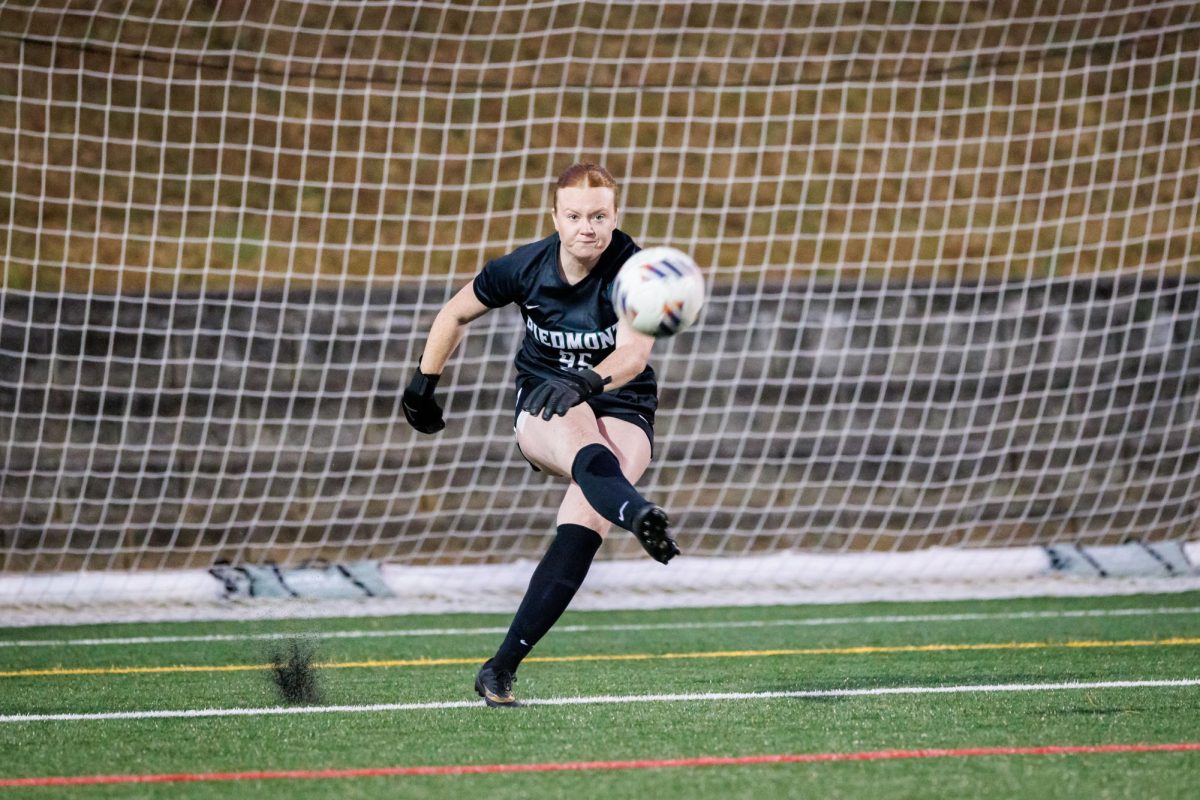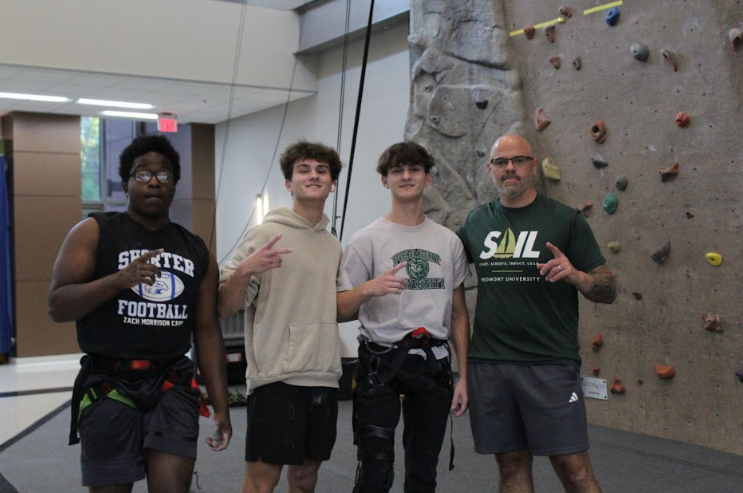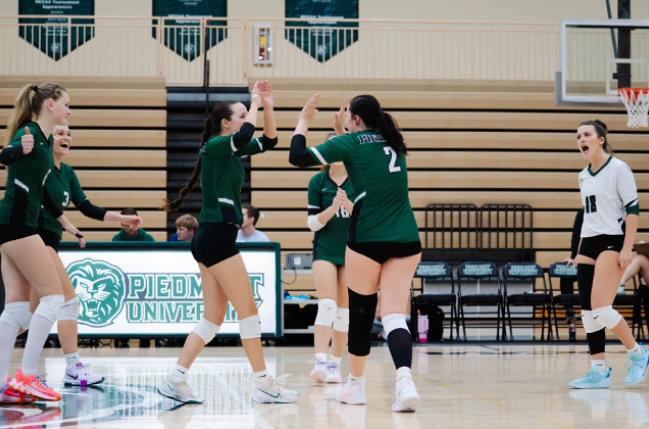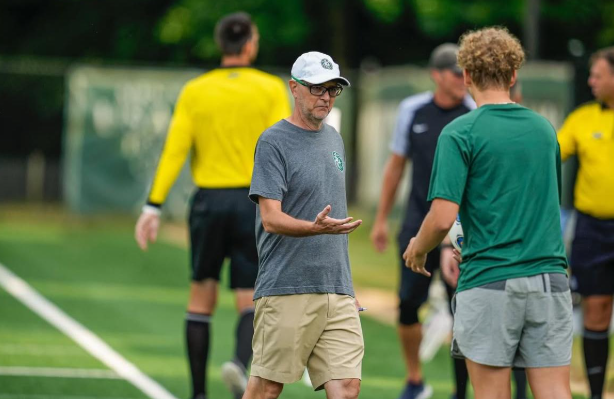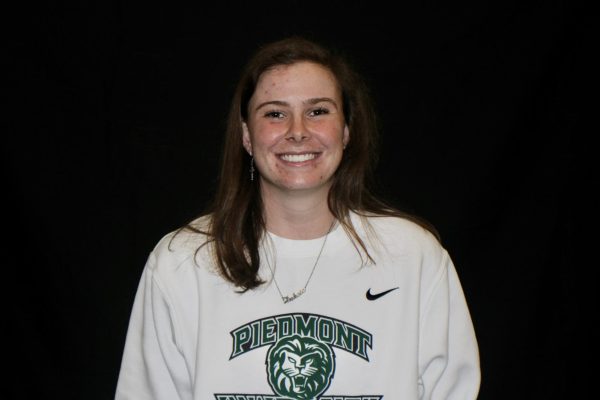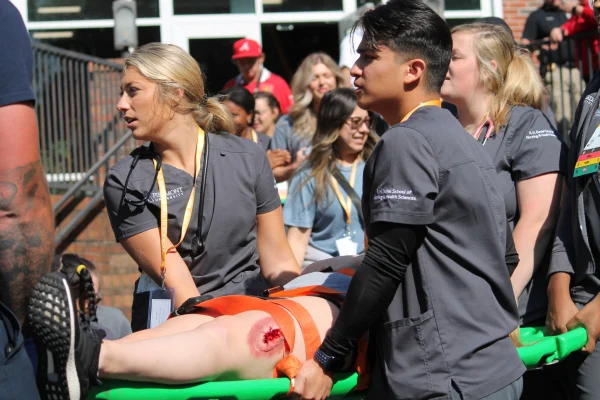
Annually, Piedmont University collaborates with many community police, fire, and first responder organizations to simulate a worst-case scenario on campus. The organized chaos requires every move to be made with a purpose before, during, and after the drill.
Nursing students at Piedmont are left to their own devices when a simulated sudden disaster strikes. They are provided the opportunity to showcase their knowledge in treating patients on their own, which is more profound than just hands-on training. Professors, clinical instructors, preceptors, and lab teachers all take a backseat for the students to take the wheel.
The nursing program has extensively prepared the students to optimize their proficiency in handling a tragic event. This semester, they’ve attended FEMA disaster courses in Aniston, Alabama and obtained Healthcare Emergency Response (HERO) and Emergency Medical Response Awareness (ERMA) certifications. Emergency medicine and triage strategies are crucial to the survival of the victims, and the students are poised to demonstrate the results of their extensive dedication and effort.
The emergency response exercise has occurred at Piedmont University since 2008. In years past, it has traditionally taken place in front of GB Hall, the Swanson Center or the Arrendale Amphitheater, using their parking lots for all the emergency vehicles. Although the drill heavily involves the majors of the Swanson building, including mass communications and theater, it has grown into a much larger event that extends to the community in Habersham County.
Many moving parts are needed to execute this drill, including the departments of psychology, criminal justice, forensic science, education, mass communications, theater and, of course, nursing. Not only is this a fantastic opportunity for many students to get field experience in their respective majors, but it also benefits the local community’s involvement with Piedmont’s campus.
“The team is very grateful for the invaluable experience this will offer the Piedmont University community,” said nursing professor and Dean of the Nursing and Health Sciences department, Dr. Jamie Johnson-Huff. What makes this drill so different is the chosen scenario and the location to host it. This year, the drill will take place in the quad on Piedmont’s campus, and as a result, Stewart Hall, Daniel Hall, Camp Hall, Sewell Hall and their respective parking lots will be closed to ensure that no real injuries result from the mayhem amongst the pretend ones.
The week before finals, as most students and faculty know, is hectic. Professors were informed and requested not to be on campus during the course of the exercise, and this has only happened to involved departments in prior years.
“I think it’s a really cool thing for us to do and for so many of our students from across the whole campus to get to participate in. It’s never affected our classes before, though,” said biology professor Rebecca Godwin.
Theater professor John Spiegel teaches script analysis, special effects, and fundamentals of technical theater II. The theater program requires much attention from the department because it is so closely involved. Spiegel handles hair, makeup, and set design for the event.
“Because it’s across the pond, most of us are going to have to be over there, so most of my classes that day will have to be canceled. But the flip side is, while the classes are canceled, it’s a huge learning experience,” said Spiegel.
Regardless of how things have been done in the past, the disaster drill has evolved to include as many people as possible, whether they are students of varying majors, faculty and advisors or first responders.
“This year, the goal was to not shy away from a topic because of its sensitivity but to bring awareness and preparedness, even if it included altering the normal course routines and activities on campus. The entities involved are aware of the importance of course schedules when thinking of instruction, but still, we feel strongly that the benefit of this exercise resolutely outweighs the scheduling issues,” said Dr. Johnson-Huff.
Student participants within any sector of this event have grown to know and love it for its educational benefit. The nursing program at Piedmont University has earned its prestigious reputation for multiple reasons, and the disaster drill is appreciated by its contributors.
“I think the best part of this drill is getting hands-on field experience in a way that promotes teamwork and campus/community involvement because teamwork is exactly what would need to happen if a disaster struck Piedmont,” said senior nursing student Bre Nine. “I wish we had the drill last year so I could’ve had two years of involvement in this activity,” said Nine.
Dr. Johnson-Huff has poured lots of effort alongside nursing professor Taryn Ogle into making this drill run smoothly and efficiently. “This may sound like a cliché, but this exercise can save many lives,” said Dr. Johnson-Huff.


